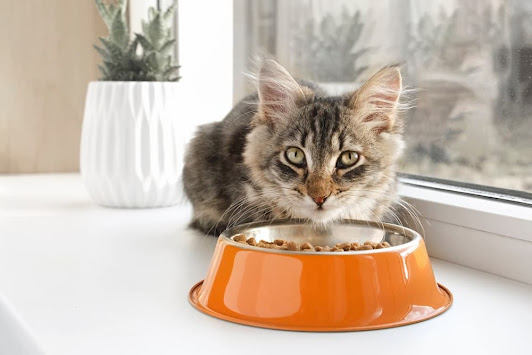Introduction:
Feeding your pets requires careful consideration, as some human foods can be harmful, or even deadly, to them. This guide outlines common items that should be kept out of reach of your furry friends to ensure their health and safety.
Alcohol:
Effects: Similar to humans, alcohol affects cats and dogs adversely. Excessive consumption may lead to symptoms such as intoxication, gastrointestinal irritation, respiratory distress, coma, and even death.
Avocado:
Effects: Avocado contains persin, which is present in all parts of the fruit. Ingestion can result in gastrointestinal irritation, vomiting, diarrhea, respiratory distress, congestion, and fluid buildup around the heart tissues, potentially leading to a fatal outcome.
Chocolate:
Effects: Chocolate contains theobromine, a methylxanthine that is toxic to cats and dogs. Toxicity levels depend on factors like the size of the pet, the amount consumed, and the type of chocolate. Symptoms may include restlessness, hyperactivity, vomiting, diarrhea, increased urination, and in severe cases, seizures.
Note: Darker chocolate poses a higher risk than milk chocolate, while white chocolate has the lowest levels of methylxanthines.
Coffee, Tea, and Caffeine Products:
Effects: In high doses, caffeine can be fatal for pets. Symptoms of caffeine poisoning encompass restlessness, rapid breathing, heart palpitations, and muscle tremors. Unfortunately, there is no antidote for caffeine poisoning.
Cooked Bones:
Risks: Cooked bones can splinter, leading to potential gastrointestinal obstructions or lacerations.
Fat Trimmings:
Risks: Both cooked and uncooked fat can result in intestinal upset, characterized by vomiting and diarrhea. Prolonged exposure to excess fat can lead to pancreatitis.
Grapes, Raisins, Sultanas, and Currants:
Effects: The specific toxic component in grapes and raisins remains unidentified, yet ingestion can lead to kidney failure.
Onions, Garlic, and Chives:
Effects: These foods contain substances that can cause gastrointestinal irritation, as well as red blood cell damage and a form of anemia. Garlic and chives have lower volumes of this harmful substance.
Salt:
Effects: Large quantities of salt can lead to excessive thirst and urination, or even sodium ion poisoning. Indicators of excessive salt consumption may include depression, tremors, elevated body temperature, and seizures.
Tomatoes and Potatoes:
Effects: These foods contain a substance that can induce severe gastrointestinal distress.
Xylitol (Artificial Sweetener):
Effects: Xylitol causes insulin release in cats and dogs, potentially resulting in liver failure. Initial signs of toxicity encompass vomiting, lethargy, and loss of coordination. This sweetener is commonly found in candy, gum, toothpaste, baked goods, and certain diet foods.
Yeast Dough:
Risks: Yeast dough can expand and generate gas in the digestive system, causing discomfort and potentially rupturing the stomach or intestines. The risk decreases after the dough is fully cooked and the yeast has risen.
References:
Information sourced from reputable institutions including the ASPCA, RSPCA, Purina, and Cornell University's Department of Animal Science.

















